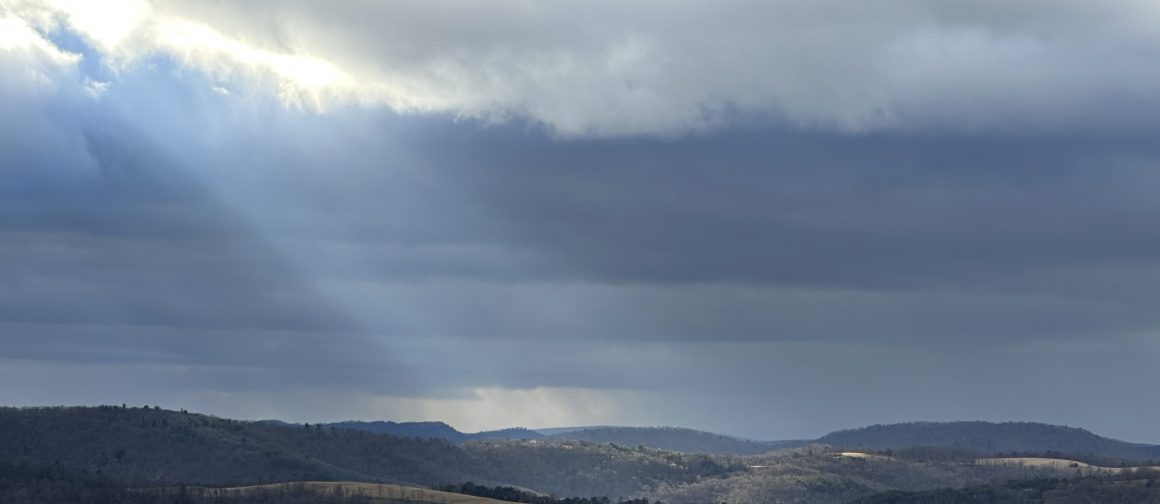From Wikipedia: “The Lost River is a 31.1-mile-long (50.1 km)[2] river in the Appalachian Mountains of Hardy County in West Virginia‘s Eastern Panhandle region. The Lost River is geologically the same river as the Cacapon River: It flows into an underground channel northeast of McCauley along West Virginia Route 259 at “the Sinks” and reappears near Wardensville as the Cacapon. The source of the Lost River lies south of Mathias near the West Virginia/Virginia border. Along with the Cacapon and North rivers, the Lost River serves as one of the three main segments of the Cacapon River and its watershed.
The river is listed as impaired due to pathogens by the state of West Virginia; this is likely due to the livestock and poultry raising activities throughout the valley.
The river was named for the fact it is a losing stream.[4]”
My first trip to the Lost River Valley was in spring of 2017. I booked a cabin at the state park for a week-long solo writing retreat and took up the first draft of an academic article which marked a change in my writing career. I wrote about the importance of creativity and inspiring students, particularly graduate students, to trust their creative impulses instead of socializing them into the habits of mind and constrained practices that have traditionally been associated with academic scholarship.
Creativity, too, is a form of intellect. And it has its own rigor.

Something about the valley spoke to me, deeply, authentically—in unexpected ways. Perhaps it was the scent of the fireplace—a powerful smell baked into the stones of the massive stone hearth—in the updated, but historical cabin where I slept, the bed right next to that massive hearth. There’s something about the smell of a hardwood fire that has always reworked my brain chemistry. Remaking my sense of self within my skin.
Or, it was meeting the rows of bear corn, a native plant, along the steep trail to a former fire lookout. An oddity upon first sight—a plant that does not photosynthesize, but lives parasitically upon the roots of oak trees. It is also know as cancer root, or more disparagingly squaw root.

Or, it was the hour of melodic lightness I spent sitting on a plane of stone as Howard’s Lick trickled beside me. The sound of pooling water within a stone basin, like the smell of fire, re-balances the deeper imprints of my being.
Or it was the whippoorwills trilling in the dusk, the first time I’d ever heard them in the wild. Even then, somehow, I thought, I’d come home.
We purchased our cabin in the Lost River Valley in the fall (of 2022).
